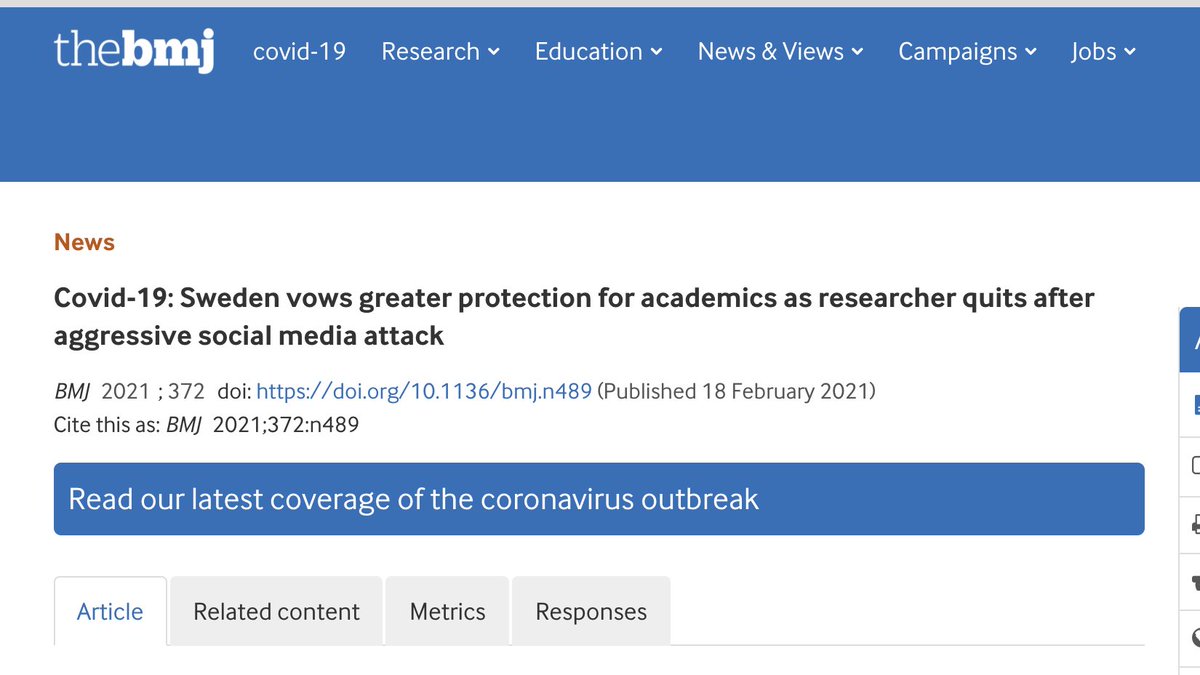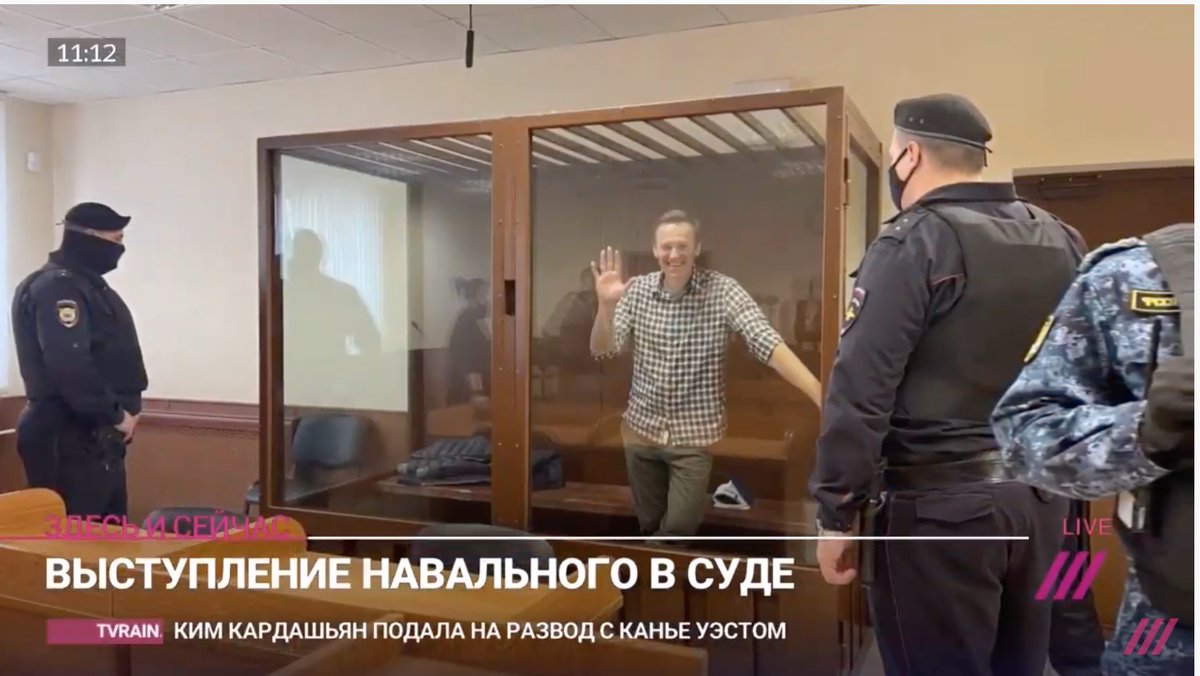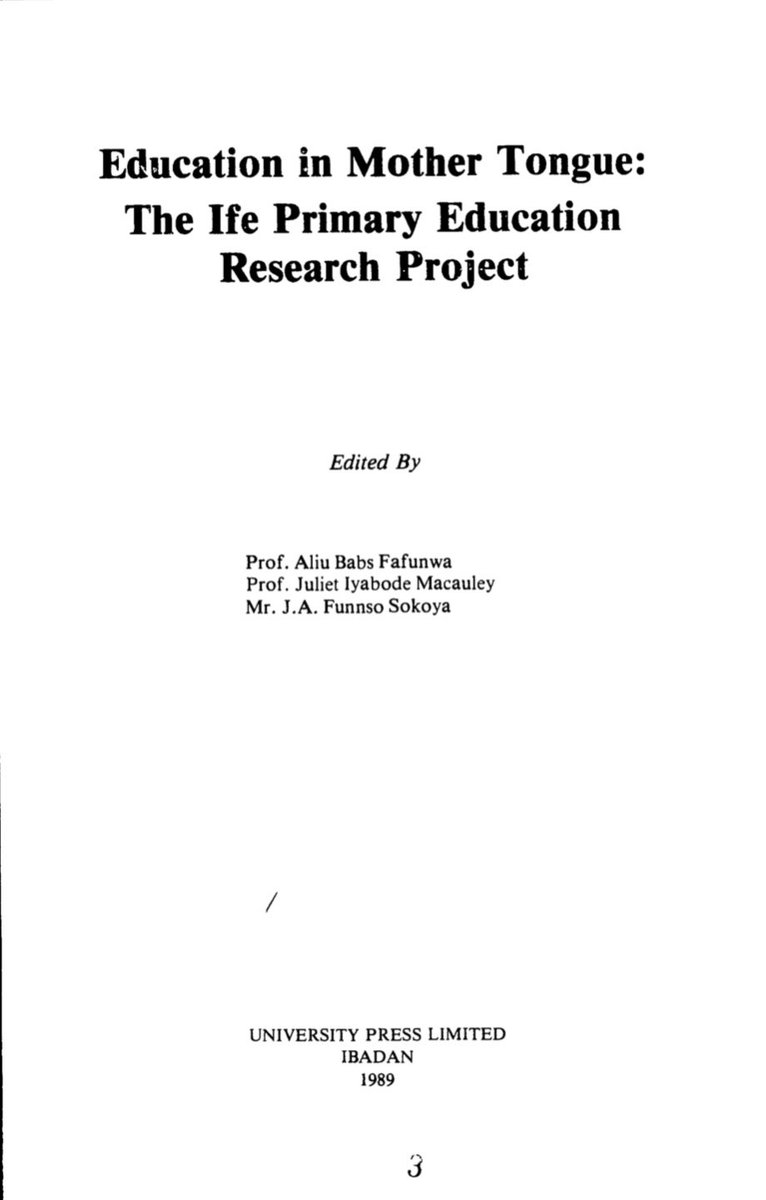spending) is projected to rise to 18.2% of GDP in 2020 from 12.6% in 2019. The authors correctly note the worrying surge in debt and warn that Beijing must continue to try to contain financial stability risks, but I notice that they are projecting average GDP...
1/10
The latest IMF report on China was released yesterday and provides a lot of good information and intelligent insight on the Chinese economy. The IMF’s measure of China’s adjusted fiscal deficit (including estimated off-budget
spending) is projected to rise to 18.2% of GDP in 2020 from 12.6% in 2019. The authors correctly note the worrying surge in debt and warn that Beijing must continue to try to contain financial stability risks, but I notice that they are projecting average GDP...
growth of just over 6% between 2012 and 2025, including a downward revision of their 2021 forecast from 8.2% to 7.9% (which I still think is a little high).
As I’ve long argued, it will be impossible for China both to control the surge in debt and to achieve growth...
targets above the real underlying growth rate of the economy, which I suspect is 2-3% at best. I know the IMF is constrained in what it is able to say about the Chinese economy if it wants to remain part of the advisory process, but I do think that after 10 years...
of watching this game we should be a lot more explicit about the relationship between unreasonably high GDP growth targets and high credit growth. There really is no point in advising Beijing to get financial risks under control while at the same time approving...
GDP growth targets that cannot but result in out-of-control increase in debt. The former requires the latter: if China grows by an average of 6% over the next five years, total social financing will rise from roughly 280% of GDP today to at least 320-40% of GDP.
The IMF also recommends that China do more to rebalance domestic demand towards consumption, which Beijing has been saying it would do since at least 2007. To do so it proposes expanding unemployment benefits, increasing transfers to low income households, enhancing...
public healthcare and otherwise strengthening the social safety net. This all makes sense, of course, but it is only half the story. Transfers involve not just “transfers to” but also “transfers from”. If Beijing permits these transfers to be funded by local government...
More from Michael Pettis
More from World
I'll bite, Mr. Gray. We can even play by your rather finicky rules.
Let's begin with some of the things you have said about Xinjiang, notably absent from your more recent media appearances, but still present in your blog about your 2014 biking trip.
The following is taken from an ongoing list I keep of people who have been to Xinjiang and written/spoken about their experiences. It is separate from the testimony of detainees and their relatives I also keep. Jerry is on this
Jerry, your article for CGTN, as well as your various Medium pieces, belabor themselves to emphasize the smoothness of your time in Xinjiang. Why did you leave out so many details from your log of your 2014 trip? They seem relevant.
For example, would CGTN not let you speak about Shanshan, the town that evidently disturbed you so much?

Why, pray tell, after noting how kind and hospitable Xinjiang police were to you in 2019 for CGTN—and how you were never told where you could or could not go—would you omit these details?

Let's begin with some of the things you have said about Xinjiang, notably absent from your more recent media appearances, but still present in your blog about your 2014 biking trip.
Prove it...
— Jerry's China (@Jerry_grey2002) December 30, 2020
Without quoting Adrian Zenz who's never been there or exiles and criminals who seek asylum or cash for their stories or perhaps some satellite images of shopping centres and factories with fencelines.
You can't show any evidence that this is true https://t.co/wiozJIjusH
The following is taken from an ongoing list I keep of people who have been to Xinjiang and written/spoken about their experiences. It is separate from the testimony of detainees and their relatives I also keep. Jerry is on this
Jerry, your article for CGTN, as well as your various Medium pieces, belabor themselves to emphasize the smoothness of your time in Xinjiang. Why did you leave out so many details from your log of your 2014 trip? They seem relevant.
For example, would CGTN not let you speak about Shanshan, the town that evidently disturbed you so much?

Why, pray tell, after noting how kind and hospitable Xinjiang police were to you in 2019 for CGTN—and how you were never told where you could or could not go—would you omit these details?

A few thoughts on this sad development 👇👇
20 academics criticizing an paper is fine; good science, really
10000+ hate mail for studying schools in Sweden is insane
Anonymous docs/ prof (hiding in faceless accts) on twitter smearing researchers is insane
[thread] https://t.co/QYldLD3WO0

In April 2020, @jflier and I saw this coming
We saw increasingly heated and personal attacks against scientists merely for having a range of views on COVID19 (PS there is no playbook/ right ans)
Tying science to naked politics was also bad idea, we
Yet, repeatedly that is what happened. Twitter 'experts' displayed an absolute intolerance to other views
Folks who disagreed weren't just wrong, they were malicious actors spreading "disinformation"
Really? Someone worked for 25 years as faculty to suddenly spread lies?
Disinformation has been so misused that it has lost meaning.
I recently saw an ID doc & lab researcher in the UK be accused of spreading "disinformation"
hahah, get outta here, you are trying to say "i disagree" but your keyboard is broken
Personal attacks have become so bad that I have seen a lab researcher accuse a doctor of wanting to engage in inappropriate relationships with patients due to diverging views on vaccine messaging
Seriously? It was a low point even for twitter
20 academics criticizing an paper is fine; good science, really
10000+ hate mail for studying schools in Sweden is insane
Anonymous docs/ prof (hiding in faceless accts) on twitter smearing researchers is insane
[thread] https://t.co/QYldLD3WO0

Together with @ernkrans, I am interviewed in @bmj_latest: "We need to ensure that our researchers understand the concept and value of academic freedom and the responsibility that comes with it"https://t.co/AFjtbSfgjr
— Ole Petter Ottersen (@ottersenolep) February 18, 2021
In April 2020, @jflier and I saw this coming
We saw increasingly heated and personal attacks against scientists merely for having a range of views on COVID19 (PS there is no playbook/ right ans)
Tying science to naked politics was also bad idea, we
Yet, repeatedly that is what happened. Twitter 'experts' displayed an absolute intolerance to other views
Folks who disagreed weren't just wrong, they were malicious actors spreading "disinformation"
Really? Someone worked for 25 years as faculty to suddenly spread lies?
Disinformation has been so misused that it has lost meaning.
I recently saw an ID doc & lab researcher in the UK be accused of spreading "disinformation"
hahah, get outta here, you are trying to say "i disagree" but your keyboard is broken
Personal attacks have become so bad that I have seen a lab researcher accuse a doctor of wanting to engage in inappropriate relationships with patients due to diverging views on vaccine messaging
Seriously? It was a low point even for twitter
You May Also Like
“We don’t negotiate salaries” is a negotiation tactic.
Always. No, your company is not an exception.
A tactic I don’t appreciate at all because of how unfairly it penalizes low-leverage, junior employees, and those loyal enough not to question it, but that’s negotiation for you after all. Weaponized information asymmetry.
Listen to Aditya
And by the way, you should never be worried that an offer would be withdrawn if you politely negotiate.
I have seen this happen *extremely* rarely, mostly to women, and anyway is a giant red flag. It suggests you probably didn’t want to work there.
You wish there was no negotiating so it would all be more fair? I feel you, but it’s not happening.
Instead, negotiate hard, use your privilege, and then go and share numbers with your underrepresented and underpaid colleagues. […]
Always. No, your company is not an exception.
A tactic I don’t appreciate at all because of how unfairly it penalizes low-leverage, junior employees, and those loyal enough not to question it, but that’s negotiation for you after all. Weaponized information asymmetry.
Listen to Aditya
"we don't negotiate salaries" really means "we'd prefer to negotiate massive signing bonuses and equity grants, but we'll negotiate salary if you REALLY insist" https://t.co/80k7nWAMoK
— Aditya Mukerjee, the Otterrific \U0001f3f3\ufe0f\u200d\U0001f308 (@chimeracoder) December 4, 2018
And by the way, you should never be worried that an offer would be withdrawn if you politely negotiate.
I have seen this happen *extremely* rarely, mostly to women, and anyway is a giant red flag. It suggests you probably didn’t want to work there.
You wish there was no negotiating so it would all be more fair? I feel you, but it’s not happening.
Instead, negotiate hard, use your privilege, and then go and share numbers with your underrepresented and underpaid colleagues. […]





















